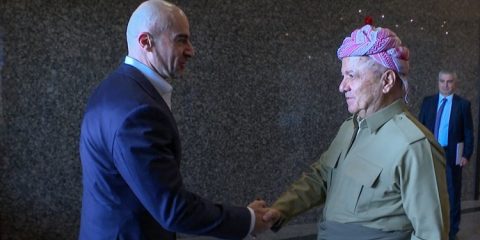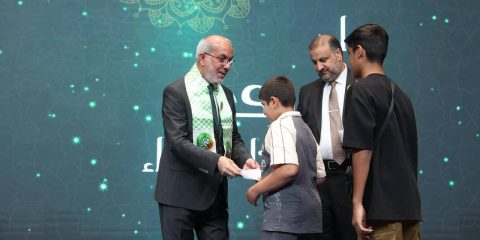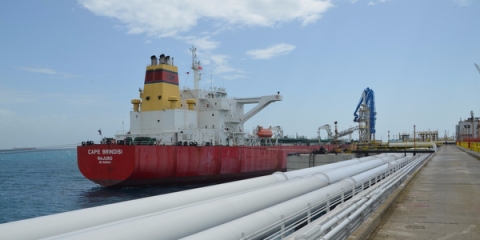Iraq, BP advance in Kirkuk contract talks
A long-sought deal is getting high-level political attention, and some officials expect to clinch an initial contract in January.
Iraqi Oil Minister Hayyan Abdulghani (center) leads a meeting with senior Oil Ministry officials and BP executives in Baghdad on Jan. 9, 2025. (Photo credit: Oil Ministry)
KIRKUK - Iraq is making progress in negotiations with BP to develop several oil fields in Kirkuk, according to four senior Iraqi oil officials, who said they are aiming to finalize profit-sharing contracts as soon as this month.
Prime Minister Mohammed Shia al-Sudani is expected to travel to England next week, two of the officials said. That visit could create an occasion to sign an initial agreement on contract terms, assuming commercial details can be agreed upon in time.
Login to your account
Subscribe for news access
Annual News subscribers receive access to the full archive of Iraq Oil Report articles.





